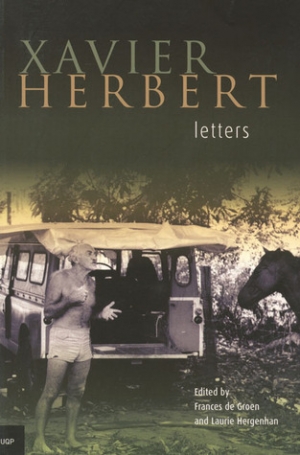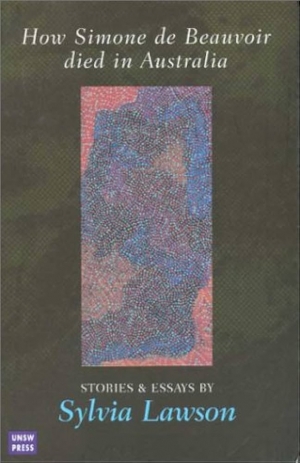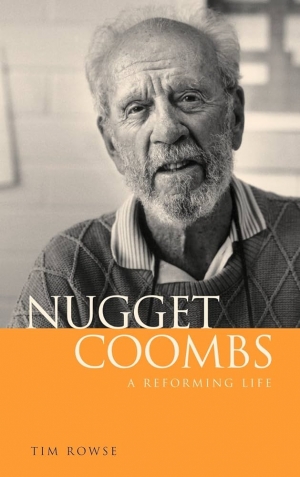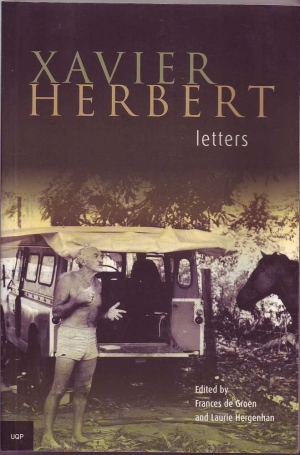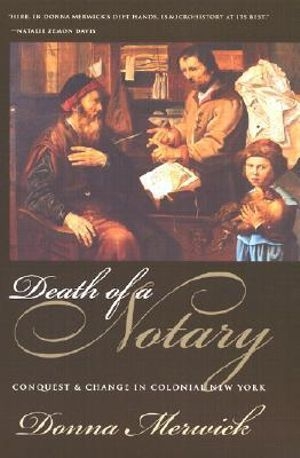Archive
The cover of this substantial volume tells you what’s coming: it features a photograph of Xavier Herbert, sixtyish and fit-looking, standing behind the converted 4WD that constitutes his bush camp and dressed in nothing but a pair of stubbies. His eyes are blazing and a bit mad, his shoulders slightly hunched, and he looks as if he’s been holding forth for some time. To whom? For Herbert, it probably didn’t matter. You can see the man Vance Palmer described in 1941: ‘You feel he’s got a large chaotic world of jetting imagination inside him and it will always be desperately hard for him to write because he’s got a lot to say and he’s got this sort of garrulousness that keeps him talking about his matter instead of brooding on it and giving it form.’
... (read more)Heather Neilson review ‘How Simone de Beauvoir Died in Australia: Stories and essays’ by Sylvia Lawson
Sylvia Lawson’s How Simone de Beauvoir Died in Australia warrants a second reading to be properly appreciated. The seven pieces in this collection are intricately connected, so that the messages are cumulatively conveyed. The book manifests its author’s ambitious desire to raise the consciousness of her readers. For me, however, the question remains: who is the intended audience?
... (read more)La Trobe University Essay | The Survival of Poetry by Peter Porter
Some years ago I wrote a poem called A Table of Coincidences’, which contained the lines: ‘the day Christopher Columbus discovered America / Was the day Piero della Francesca died.’ This is a verifiable fact, unless changes in the Western calendar have altered things. Clearly, I was being sententious and reactionary: the ancient good of the world and its new doubtfulness seemed to start on the one day. A hostile reviewer pointed out that every date in the world is the anniversary of some other date, and poured scorn on my notion by suggesting that a momentous event like the Armistice in 1918 might share a date with the invention of Coca-Cola. But we still honour anniversaries, and I am only too conscious of the 365 days that have passed since 11 September 2001.
... (read more)Nugget Coombs never accepted a knighthood. The reason, he told his one-time English teacher, the essayist and academic Sir Walter Murdoch, was that it would be ‘out of character’ for him to do so.
There is no shortage of calculated modesty in Australian public life. We cultivate it. Even the most self-absorbed of our sporting heroes can manage a spot of winning self-deprecation. But in Nugget Coombs – public thinker, public servant, economist, social reformer, Governor of the Reserve Bank, Aboriginal advocate, cultural initiator and great Australian – modesty was the genuine article. He was a man with enough distilled wisdom to know himself and enough shrewdness to know what fitted. And he was right: ‘Sir Herbert’, or, worse, ‘Sir Bertie’ would have been risible.
... (read more)The cover of this substantial volume tells you what’s coming: it features a photograph of Xavier Herbert, sixtyish and fit-looking, standing behind the converted 4WD that constitutes his bush camp and dressed in nothing but a pair of stubbies. His eyes are blazing and a bit mad, his shoulders slightly hunched, and he looks as if he’s been holding forth for some time. To whom? For Herbert, it probably didn’t matter. You can see the man Vance Palmer described in 1941: ‘You feel he’s got a large chaotic world of jetting imagination inside him and it will always be desperately hard for him to write because he’s got a lot to say and he’s got this sort of garrulousness that keeps him talking about his matter instead of brooding on it and giving it form.’
... (read more)ABR welcomes concise and pertinent letters. Correspondents should note that letters may be edited. They must reach us by the middle of the current month. Letters and emails must include a telephone number for verification
Poetry at the Melbourne Writers’ Festival
Dear Editor,
Juno Gemes asks what is the current place of poetry within our literary festivals (ABR, ‘Letters’, September 2002). She also asks related questions, which in summary give the overall impression that poetry, particularly at the Melbourne Writers’ Festival, now has only a peripheral place. As evidence, she claims that in Melbourne ‘a mere five poets, including only one indigenous writer, will take part in five sessions in a programme representing hundreds of writers’.
... (read more)Joy Hooton reviews ‘The Facing Island: A Personal History’ by Jan Bassett
The facing island in Jan Bassett’s memoir is Phillip Island, where her maternal grandparents had a dairy farm and where it seems she was most emotionally at home. Summer holidays there as a child in the 1960s, in the midst of her grandmother’s extended family and surrounded by familiar tokens of past decades reaching as far back as the early 1900s, undoubtedly sparked her lifelong commitment to Australian history. The title, taken from Peter Rose’s poem ‘Balnarring Beach’ (‘The facing island, a mortal blue, / beckons, intensifies, vanishes’), could hardly be more appropriate, compressing in a few words much of the emotional intensity of Bassett’s autobiographical last journey.
... (read more)Nick Hudson reviews ‘Lexical Images: The story of the Australian national dictionary’ by Bill Ramson
Reviewers often like to start with a simple statement of what a book is all about. In the present case, this is difficult, because there are two books within these covers. The first three chapters fit its subtitle, ‘The Story of the Australian National Dictionary’, while the next seven fit the title Lexical Images, being essays on aspects of Australian history and culture as reflected in the pages of the Australian National Dictionary (1988). If a single theme has to be extracted, it is that historical lexicography is a fascinating process, generating a valuable product.
... (read more)Peter McPhee reviews 'Death of a Notary: Conquest and change in colonial New York' by Donna Merwick
‘He was the only one. He was the only man to have committed suicide in the town’s seventeenth-century history.’ Thus Donna Merwick invites us into this sad and instructive tale about the colonial Dutch world of North America.
... (read more)'September 11: A Symposium'
Sunday, 01 September 2002Never far from one’s mind these days, the events of September 11, 2001, and their direct aftermath in Afghanistan and elsewhere, had to be prominent in this month’s issue of ABR, such is their complex resonance and ubiquitous iconography. To complement Morag Fraser’s essay in this issue on the consequences of ‘September 11’ for civic ...

